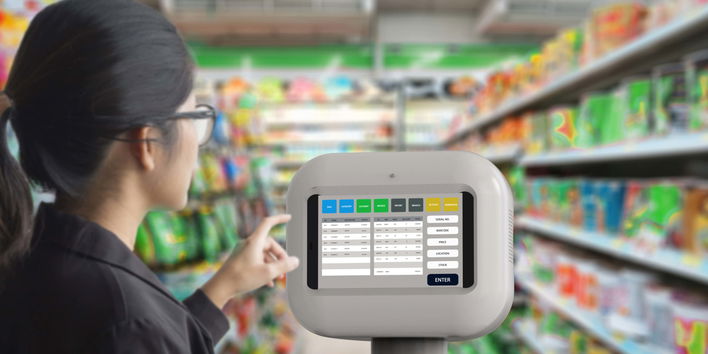When we look down the memory lane with technological viewpoints, things have evolved significantly.
Customer data will keep playing an important role in predictive analytics. Businesses have now started relying on machine learning services for analyzing the shopping habits for optimizing the supply chain and personalizing the offers for their customers.
While predictive analytics requires humans to find statistical trends in data, machine learning is a subset of artificial intelligence (AI) that uses computer algorithms to find data trends. Computers can then autonomously make predictions based on those trends (or patterns) — effectively "learning" without being programmed for a straightforward task.
The role of machine learning in retail
Machine learning helps retailers optimize prices, collect customer data, and make logistics processes more efficient. Machine learning's ability to streamline the retail industry reduces costs and builds stronger relationships with customers.
Use cases of machine learning in retail
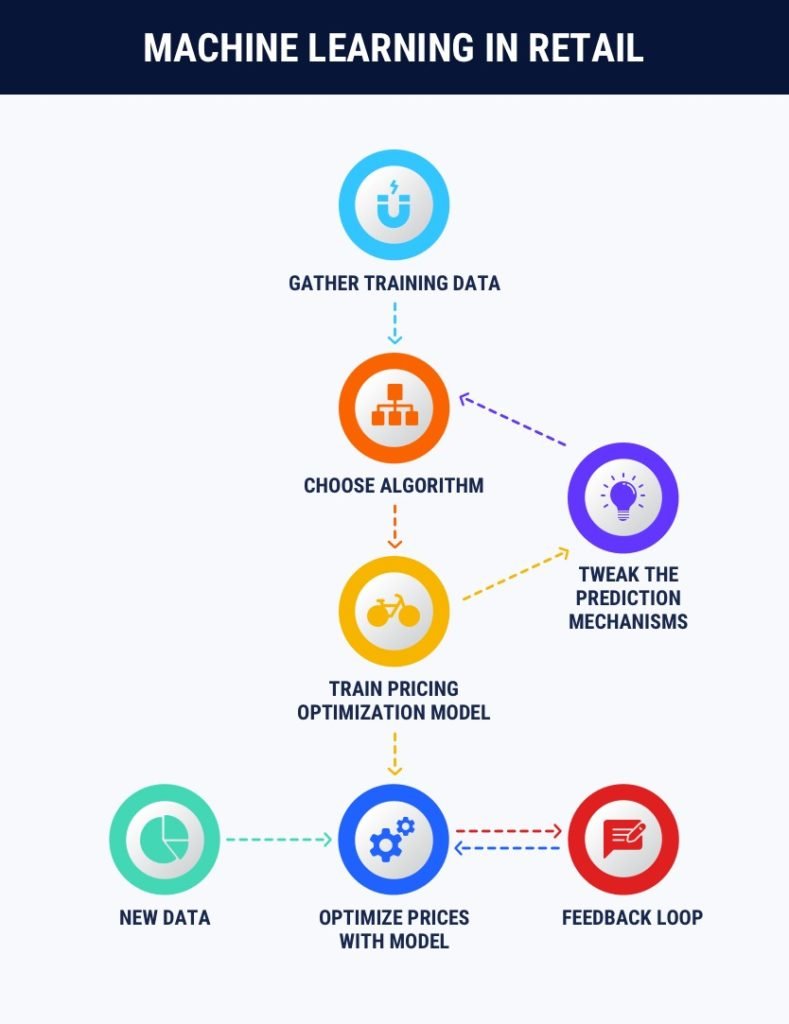
Let's have a look at how these businesses have used machine learning to up their retail game.
1. Amazon
Amazon is the world's largest online retailer and accesses a humongous amount of customer data daily.
Some businesses choose to hire an Amazon lawyer to manage legal and compliance challenges in such a vast ecosystem and ensure they comply with Amazon's policies and regulations.
With the help of machine learning, Amazon can
- Forecast demand for certain products
- Identify fraudulent purchases
- Provide tailored product recommendations
- Offer better promotions
2. American Eagle Outfitters
American Eagle partnered with Slyce, an image recognition startup, for creating a visual search engine. This search engine was designed with a mobile-first approach, letting shoppers use their mobile app camera for finding a specific clothing item. The app, running high on the power of ML and massive data crunching capacity, even recommends accessories to the shoppers.
3. Asos
Asos is an online fashion outlet.
Since it has a massive clothing collection, they rely on the image recognition capabilities of machine learning for describing the attributes of individual items.
They also use ML for
- tracking customers' shopping habits
- assigning them a Customer Lifetime Value (CLTV)
Asos use machine learning for predicting how much the customers are likely to spend in the coming years.
4. Macy's
Heard of Macy's On Call.
This feature enables customers to ask questions on Macy's mobile app. What's more interesting is that they then receive information unique to each physical store.
If your need of the hour is finding the men's sneakers or even the trial rooms, Macy's On Call is there for you!
5. Softbank Robotics
Meet Pepper, a humanoid robot, powered by AI and machine learning.
Softbank Robotics suggests that Pepper has better use in retail. The humanoid robot is stationed at various malls for performing customer service tasks such as
- giving directions
- answering questions
- entertaining shoppers
6. Walmart
Walmart is using machine learning for
- Optimizing the delivery routes
- Providing faster checkout
- Match products in its catalog
- Recommending products based on user browsing history
They also use machine learning to analyze big data and show targeted advertisements to online shoppers.
Implementing machine learning into the retail business
What does any business owner want?
- increased sales
- improved customers experience
- stand out in the competition
Machine Learning quickly makes it all possible for a business owner. Even though Machine Learning plays a significant role in every modern industry, our focus will be on the retail sector.
Machine Learning in retail has endless use, and the development or integration cost of this technology into the modern business mix is affordable.
However, for starting this process, let's take a look at the various advantages of Machine Learning and how it can come in handy for meeting the end goal.
You must choose a reliable Machine Learning development partner. Once you have set the goal and ready the Machine Learning setup, deploy this phenomenal technology into your business, and explore your brand's hidden potential.
Business Impacts of Machine Learning
Well, if there were no benefits associated with ML, industries won't be spending their money on developing a solution that rides high on the back of big data and AI. So here, we will discuss some benefits of implementing machine learning in your retail business model.
1. Prediction of churn rate

Predicting churn rate is a crucial factor for businesses. Why is it so important? For a simple fact that when a company loses its customers, it loses the potential profit and also the money they have invested in attracting those customers. Not to mention, it creates the dent between a brand and the customers.
Now, the business will have to invest extra money to attract new customers. It might not seem harmful to you.
Just imagine that you have invested $5000k in your advertisements. The business you run is a movie and series streaming platform that has an asking price of $7 per user per month. You acquired 500 new customers. So you made $3500 on the newly acquired account, with the current deficit of $1500, which you are hoping to recover in the coming months. Now, in the next payment cycle, there was a churn of 300 customers. This means you are left with 200 users, taking your deficit to $1400.
If you keep losing customers because of the regular churn, you won't even work at a break-even point. The new customer acquisition cost will be just too much to bear!
Machine Learning helps businesses track the situations, which will very likely cause the loss of customers so that the companies can take proper measures to retain the customers.
2. Prediction of demand
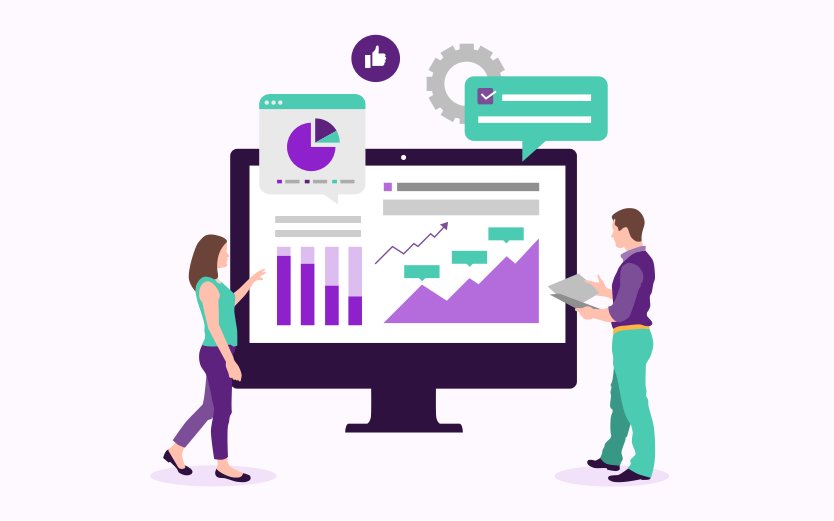
Businesses need to predict the demand for their services for offering a truly personalized experience to the customers.
Machine Learning in retail can predict and help businesses keep track of their inventory for maintaining the stock. In addition to that, they can also find out the demand fluctuations and decide their pricing accordingly.
3. Automation of documentation
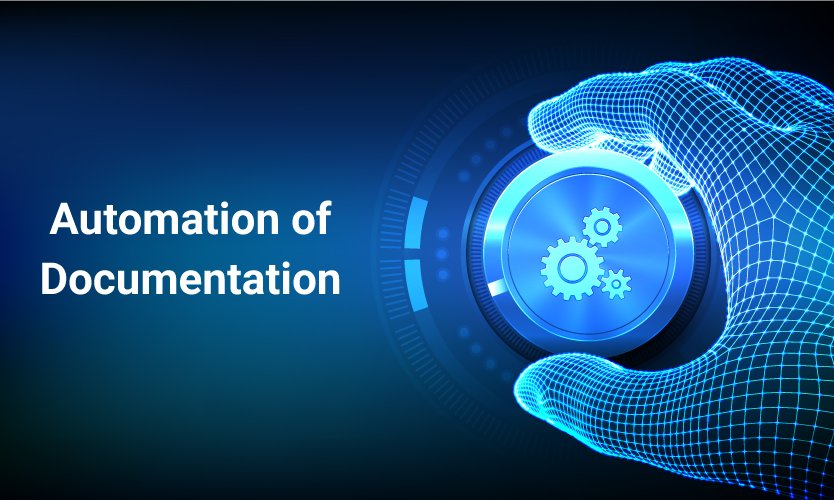
Machine learning can be used for analyzing internal data. For instance, managing the information on how businesses are organizing their human resources data.
Using this data, a retailer gets the opportunity of --
- making their employees more flexible
- saving them from routine tasks
- plan their work schedule competently
Such planning is vital for keeping the workforce inspired, efficient for providing better customer service.
4. Detection of Fraud

With the help of machine learning, businesses can create a self-learning system. Additionally, AI makes the system more efficient in fraud detection.
With unlimited access to immeasurable data, machine learning systems will assist in the prevention of fraudulent activities, even using coupons and discounts by tracking user behavior of a specific IP address.
5. Secure and fast routing
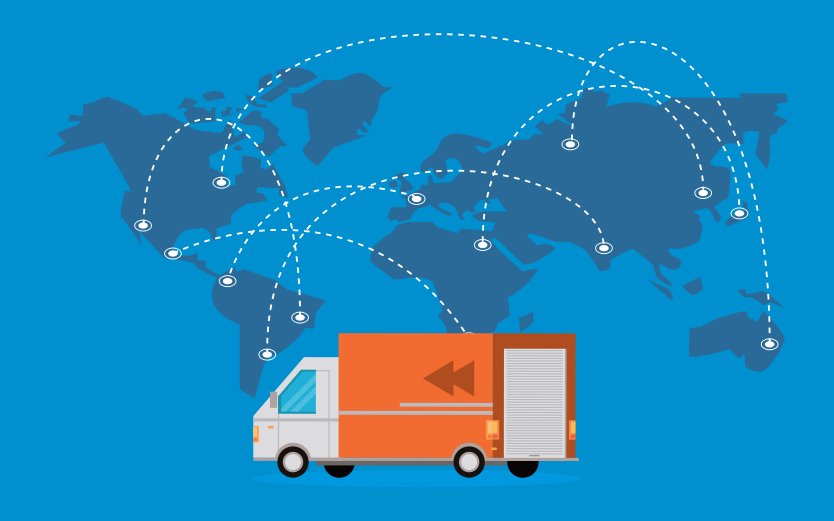
Businesses can better understand and target their product or services based on the geographical location of the customers. Retail businesses can use machine learning algorithms to find out faster and better routes and make delivery of products much more quickly to their customers.
Using the same principle, businesses can apply various algorithms that will determine the users' intents for personalized experiences.
6. Better personalized offers
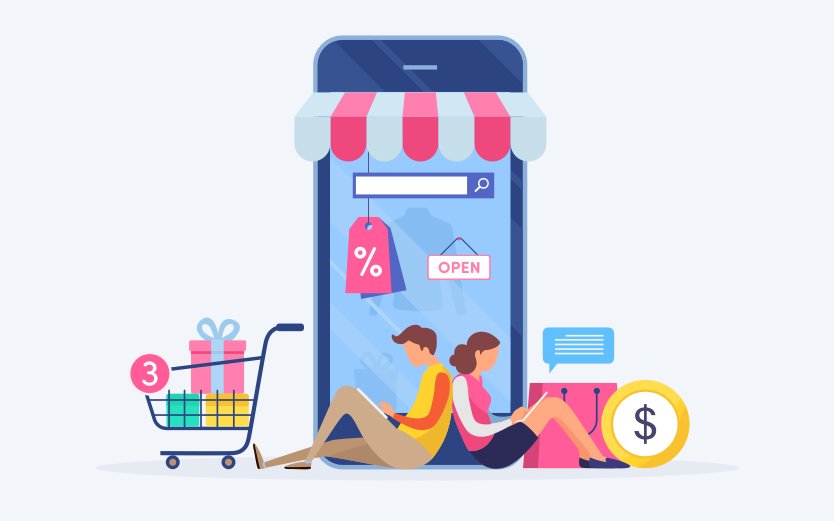
Personalization is trending, and modern buyers are not ready to accept being part of a massive lead list that gets bombarded with soulless email messages.
Machine learning can help retail businesses adapt to this trend by studying user behavior and adding crucial information about their previous purchases.
Machine learning-powered with advanced analytics with AI can crunch the users' Google search history, comments, and likes on social networking sites, for making the best product or service suggestions.
7. Using predictive analytics
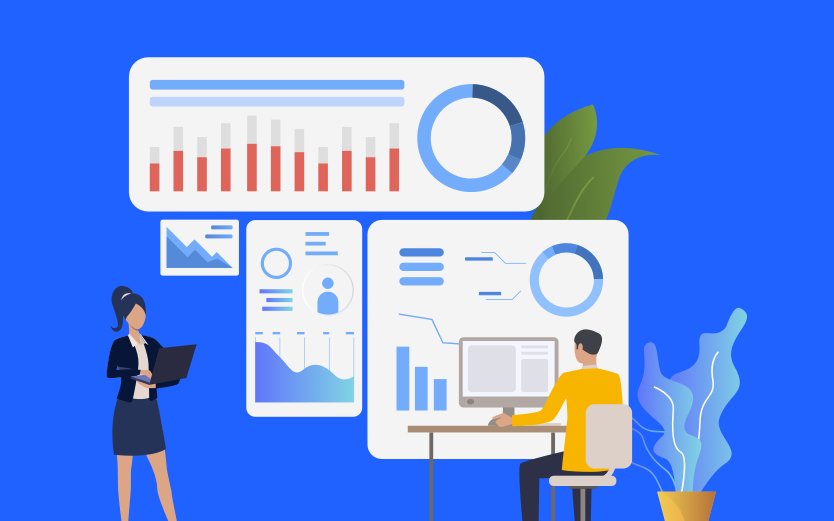
Predictive analytics has proven its worth as a powerful weapon for the retail business owners.
Retailers can use predictive analysis to find out critical industrial events, emerging trends, and how customers will respond to these events.
Thanks to Machine Learning and Artificial Intelligence, businesses can crunch a massive array of historical, current, and alleged data and make predictive analytics successful for the businesses.
[Manufacturing_retail_industry]
8. Optimizing the price
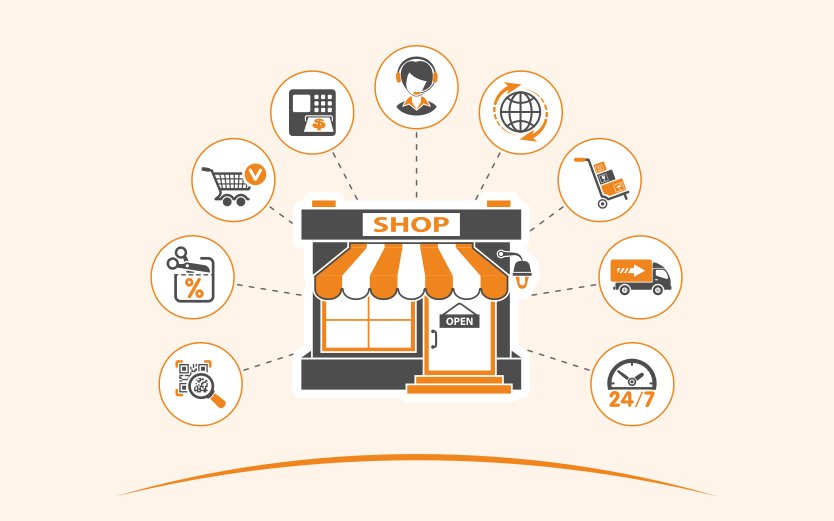
Large data sets processed inside machine learning systems enable retail business owners to predict how the market will unfold.
With a comprehensive analysis of consumer data, retail businesses can determine the price that customers will be ready to pay for a particular product.
Retailers can then tailor the price based on these findings to take the maximum advantage of the market and rake-in more profit.
What is the future of Machine Learning in retail?
Machine learning in retail offers a lot of assistance to the customers and the retailers. However, many retailers are in favor that it helps them mostly in personalization.
They are not wrong; as the business expands, so does the type of customers. As discussed above, no customer wants to be blasted with impersonal emails.
"Great customer experience... will come from blending technology with a more personalized touch," Karen Katz, President, and CEO of Neiman Marcus Group.
For instance, Amazon, with an estimated 35 percent of its sales coming from machine learning-driven product recommendations which are tailored for individual buyers. A significant number of online shoppers become return customers of a brand that personalizes their digital shopping experience, making them feel special.
As mentioned earlier, businesses need to consider all the pros and cons of technology before investing in it. Choosing the right digital product development partner for your business will decide your fate in the market.
Rapidops has developed various award-winning digital products that have helped various retail businesses capture maximum customer attention. If you want to know more about how machine learning and artificial intelligence can help you in providing a better experience to your customers, connect with us.
With a well-versed team of developers and testers, Rapidops delivers frictionless experiences using cutting-edge technologies to companies of all shapes and sizes.

Saptarshi Das
Content Editor
9+ years of expertise in content marketing, SEO, and SERP research. Creates informative, engaging content to achieve marketing goals. Empathetic approach and deep understanding of target audience needs. Expert in SEO optimization for maximum visibility. Your ideal content marketing strategist.

Let’s build the next big thing!
Share your ideas and vision with us to explore your digital opportunities
Similar Stories
- Analytics
- undefined Mins
- July 2019


Receive articles like this in your mailbox
Sign up to get weekly insights & inspiration in your inbox.
